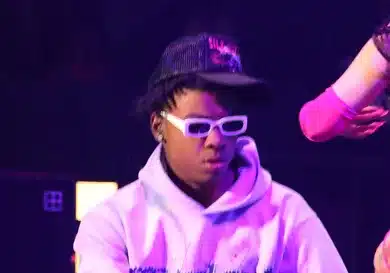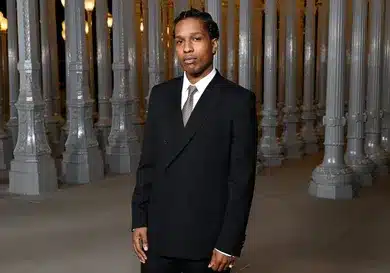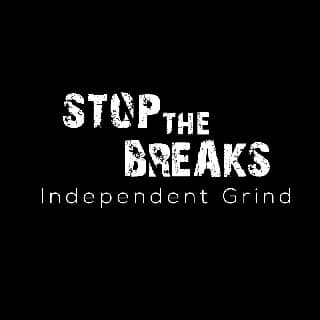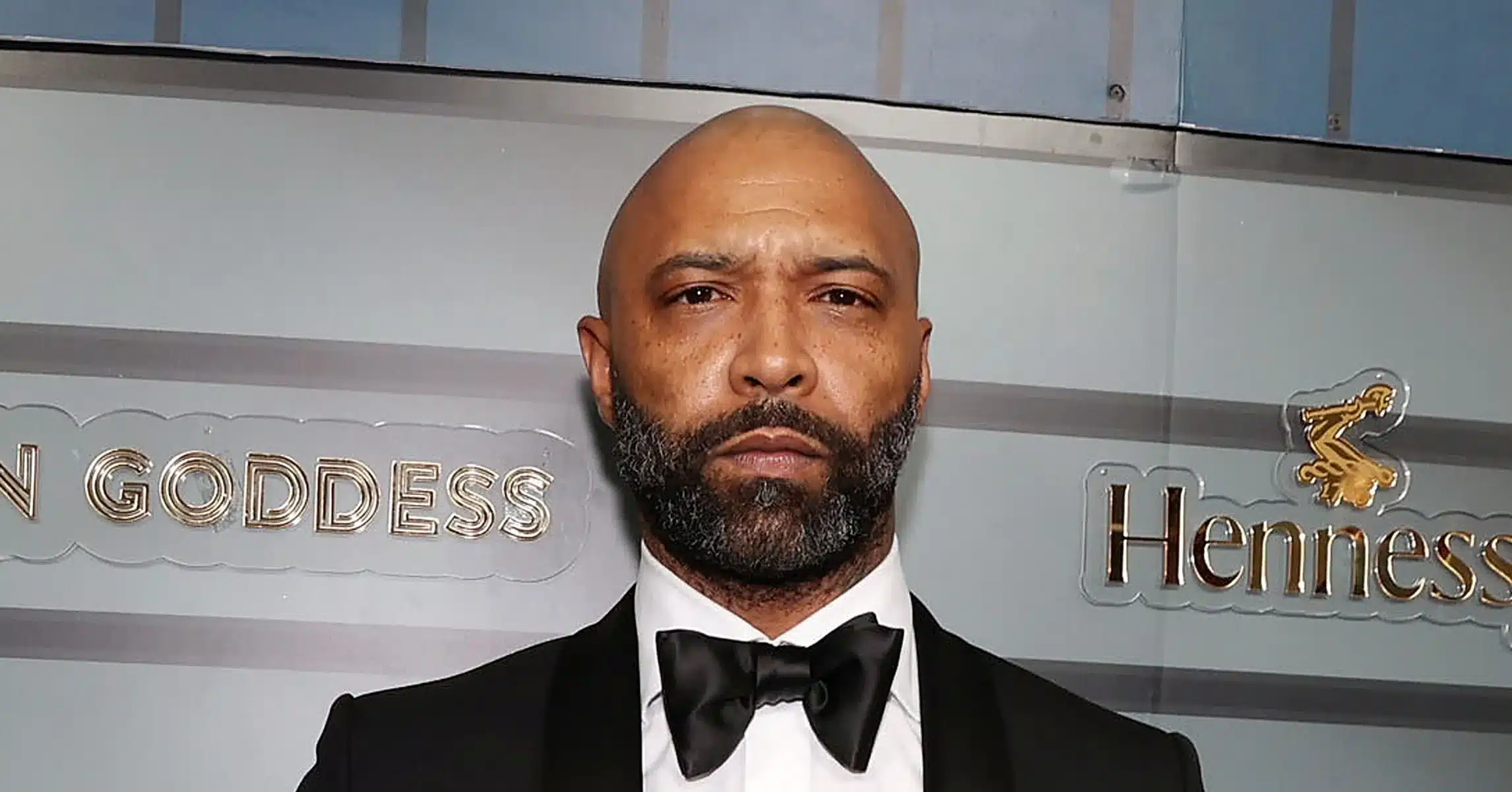Kay Flock is in the hot seat again. Prosecutors are determined to use his song lyrics and videos as evidence in his upcoming trial. This move has stirred debates about artistic freedom and legal boundaries.
Federal prosecutors claim that the rapper’s lyrics serve as a confession to severe crimes, including murder and gang activity. According to Acting United States Attorney Matthew Podolsky, Kay Flock’s music supposedly glorifies violence, boosting his credibility in the rap scene.
The government seeks to introduce a select number of rap videos to the court, arguing they are directly linked to the charges against him. In these videos, they allege Kay Flock describes acts of violence pertinent to his current racketeering charges.
[twitter-embed-display twitter_url=’https://twitter.com/raphousetv2/status/1630685553653059584′]
Kay Flock’s legal team argues that using his lyrics as evidence is unfair, particularly toward Black and Latino artists prolific in drill music. They emphasize the point that these songs are not autobiographical, insisting his artistry is separate from real-world actions.
One of the controversial pieces of evidence is his video for “Who Really Bugging,” allegedly containing references to a specific shooting. His defense asserts this shooting was an act of self-defense, a claim rooted in the December 2021 incident involving Hwascar “OY Wasca” Hernandez.
The legal battle isn’t new for Kay Flock, who was part of a federal indictment two years ago alongside seven others accused of multiple shootings in the Bronx. If found guilty, he faces a life sentence, significantly heightening the stakes for him.
The trial, set to commence on March 10, marks a crucial point in a legal saga that has captured public attention. Meanwhile, Kay Flock continues to maintain his innocence.
As the trial date approaches, the debate over whether lyrics should be admissible in court remains heated. Kay Flock’s case could set a significant precedent, not just for him, but for the music industry at large.









